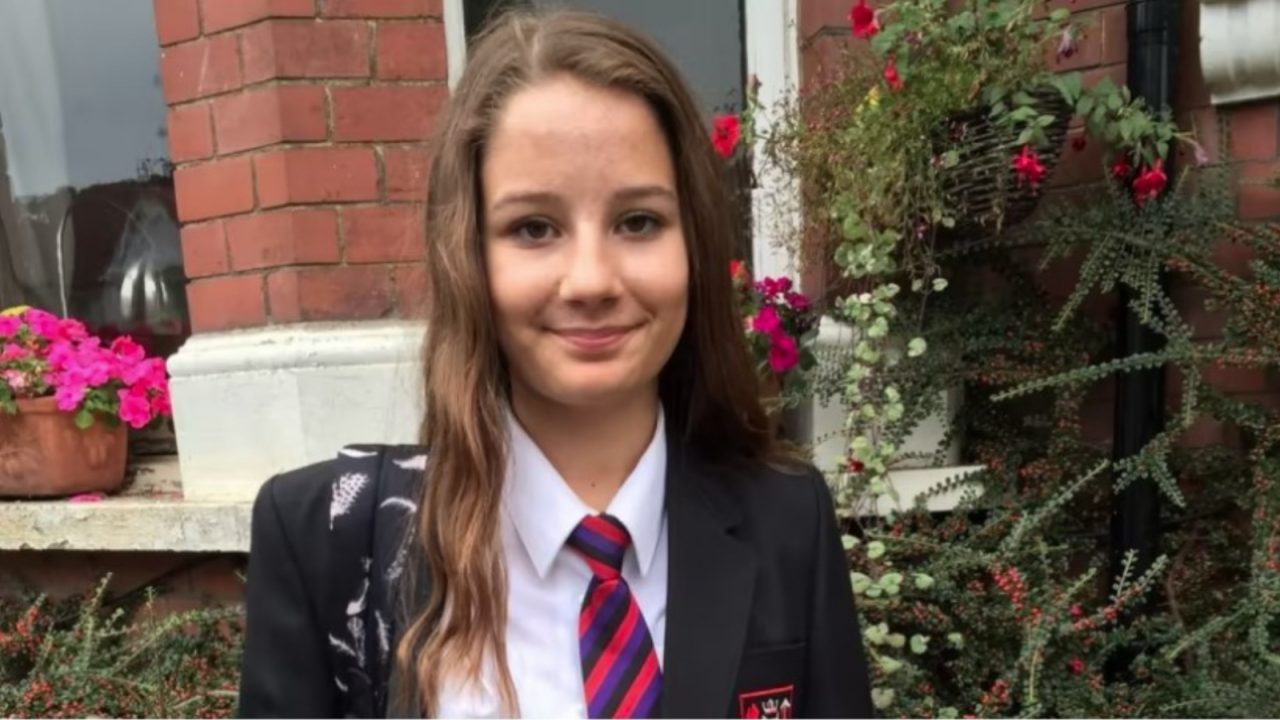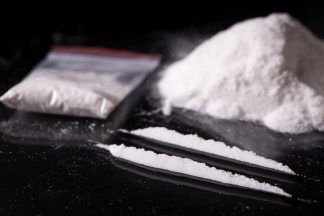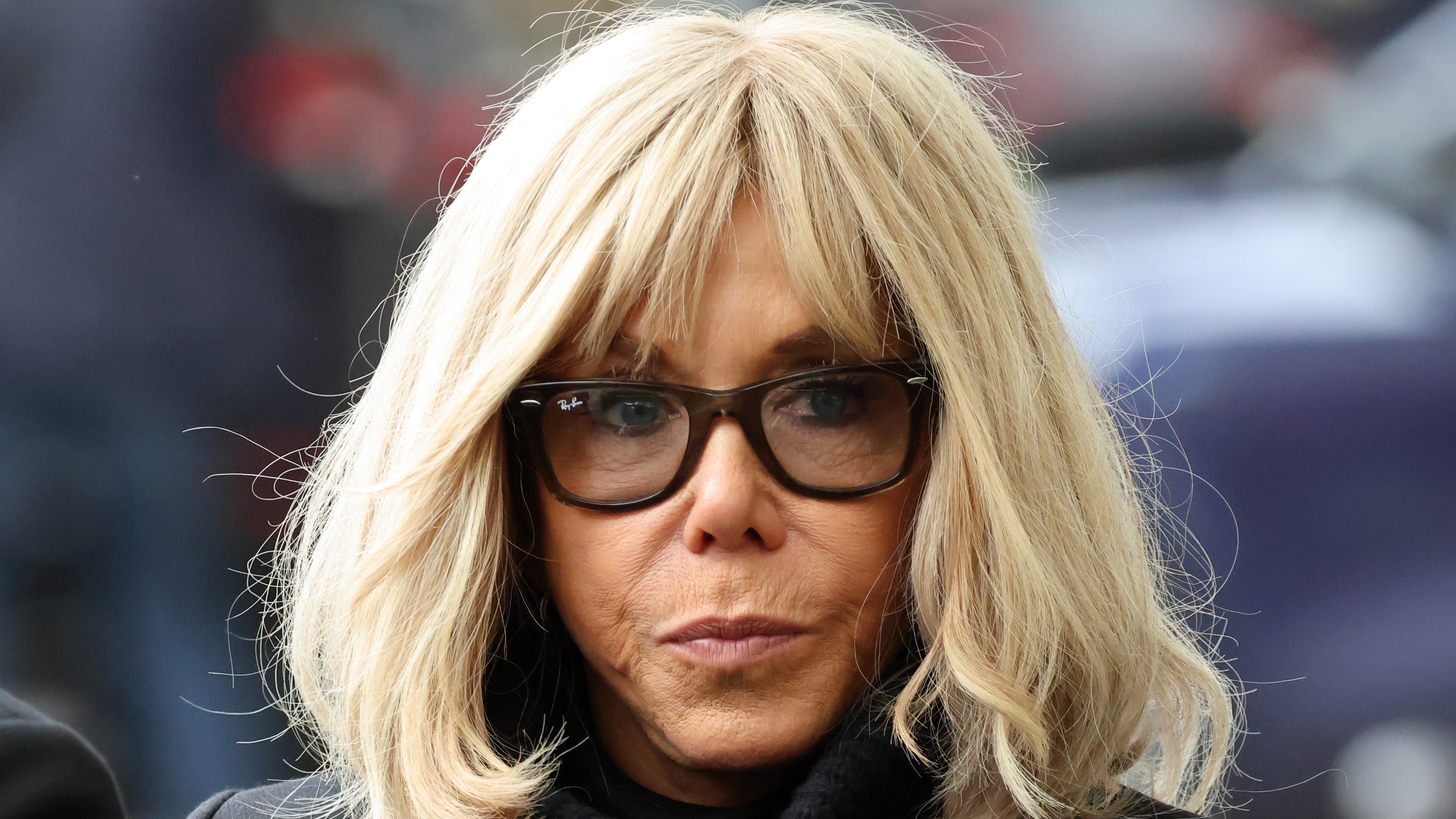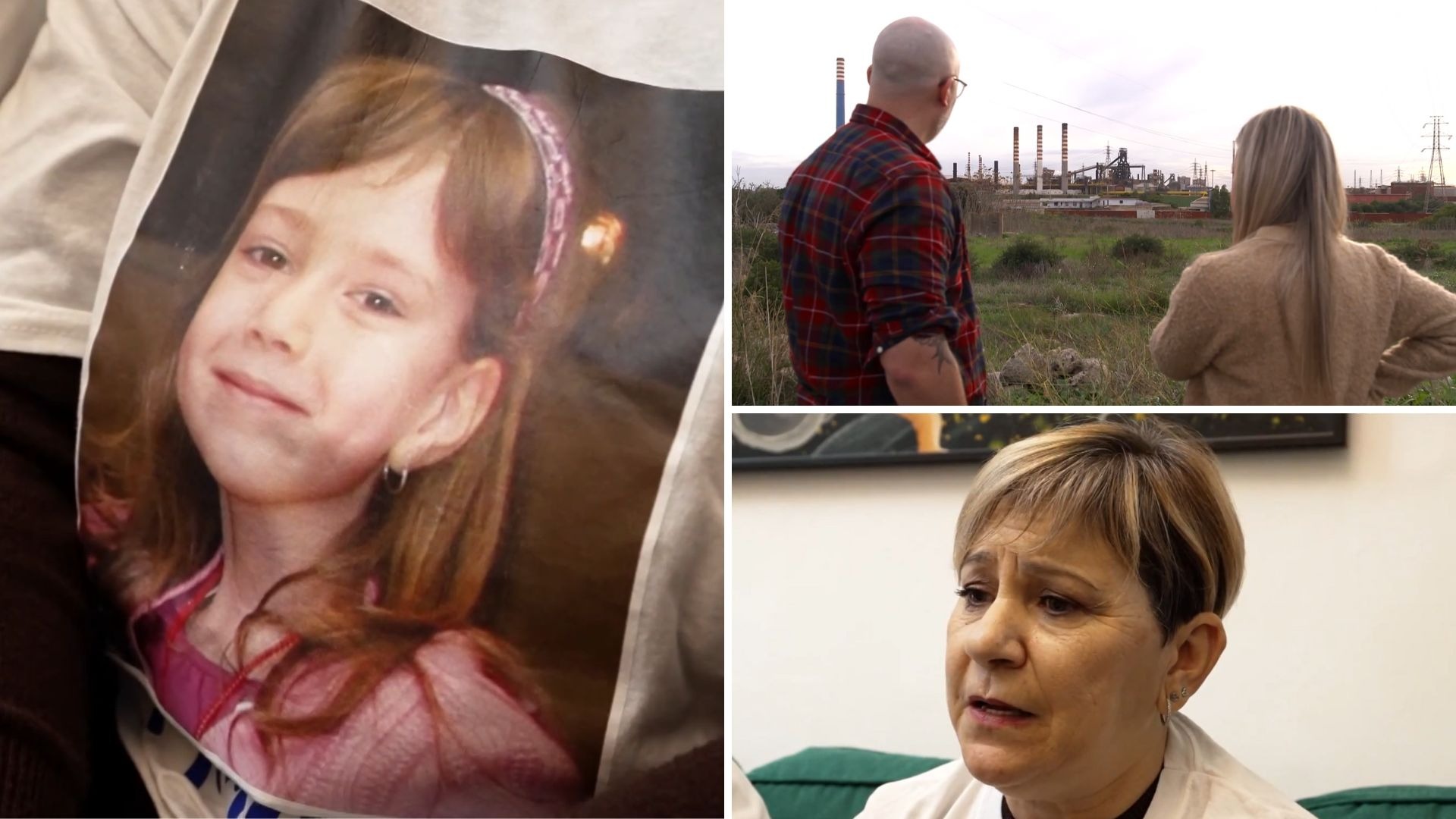A senior coroner has concluded that schoolgirl Molly Russell died from “negative effects of online content”.
Coroner Andrew Walker said online material viewed by the 14-year-old “was not safe” and “shouldn’t have been available for a child to see”.
Concluding it would not be “safe” to rule Molly’s cause of death was suicide, Mr Walker said the teenager “died from an act of self-harm while suffering depression and the negative effects of online content”.
In a conclusion at North London Coroner’s Court on Friday, he said: “Molly was at a transition period in her young life which made certain elements of communication difficult.”
He added the teenager was “exposed to material that may have influenced her in a negative way and, in addition, what had started as a depression had become a more serious depressive illness”.
The inquest heard how Molly accessed material from the “ghetto of the online world” before her death in November 2017, with her family arguing that sites such as Pinterest and Instagram recommended accounts or posts that “promoted” suicide and self-harm.
Meta executive Elizabeth Lagone said she believed posts which the Russell family argued “encouraged” suicide were safe when the teenager viewed them.
Pinterest’s Judson Hoffman told the inquest the site was “not safe” when Molly used it.
The coroner said on Thursday he intended to issue a Prevention of Future Deaths (PFD) notice which will recommend actions on how to prevent a repeat of the Molly Russell case.
The Russell family’s lawyer, Oliver Sanders KC, asked the coroner to send the PFD to Instagram, Pinterest, media regulator Ofcom and the Department for Digital, Culture, Media and Sport.
Follow STV News on WhatsApp
Scan the QR code on your mobile device for all the latest news from around the country


 Issued by family
Issued by family


























